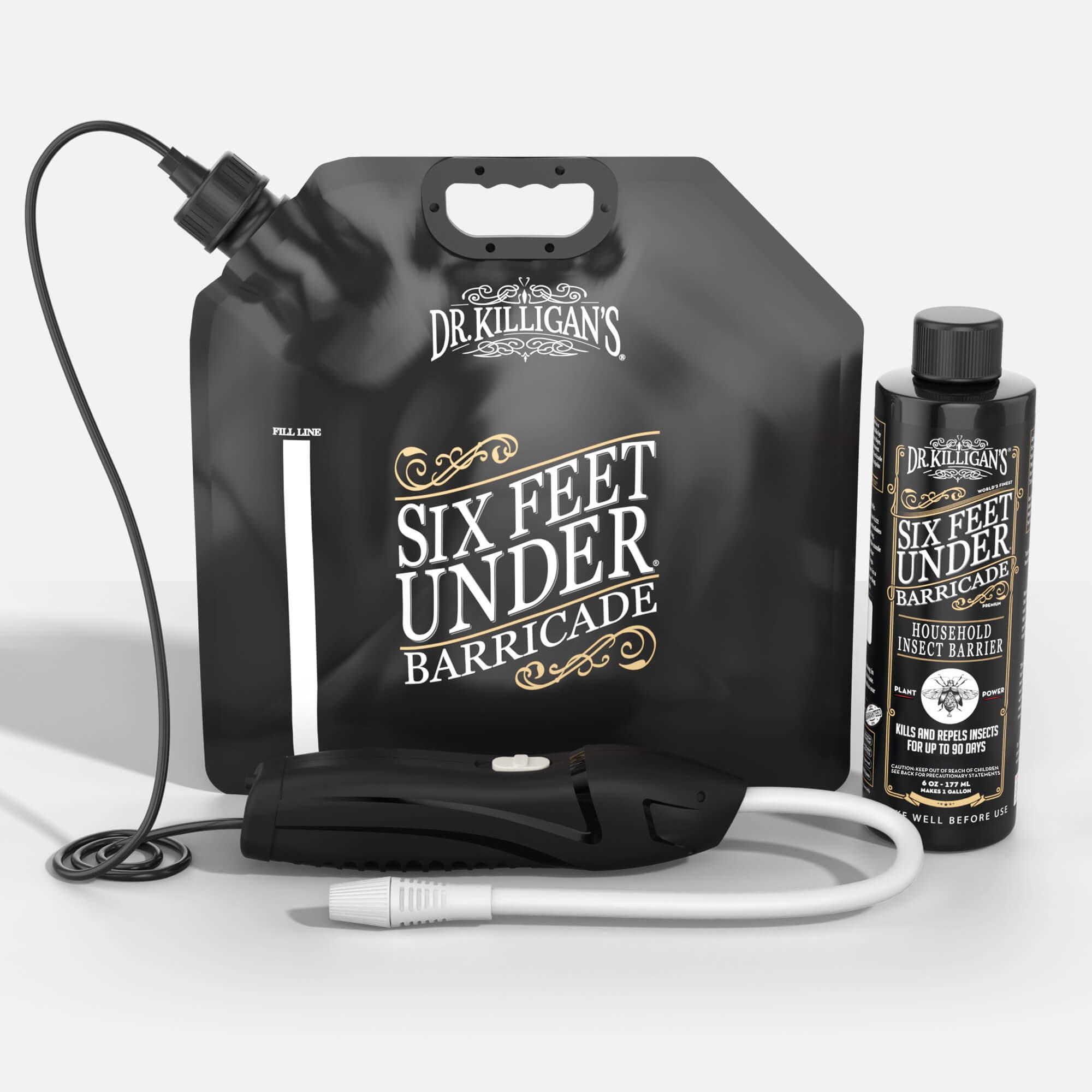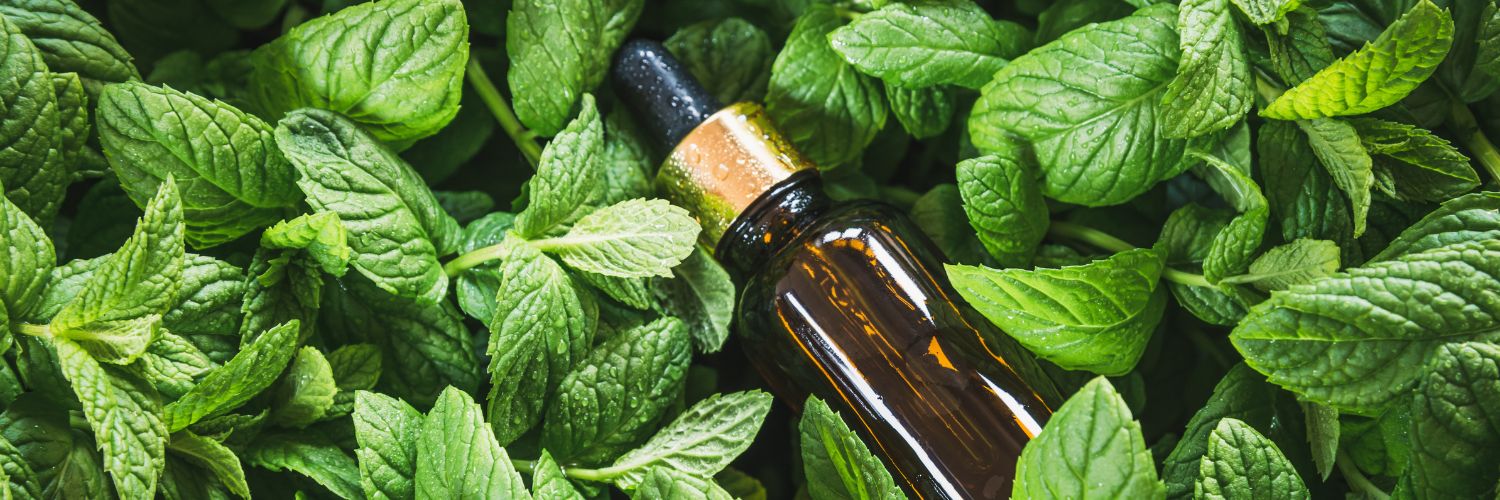I felt a thick, wet solution seeping down from the sides of my mouth. Instinctively, I unknotted my beige kerchief from around my neck and began to dab at my chin. Why was I drooling? At the same time, beads of sweat began trickle down from my hairline, mixing with the caked dark dusty earth on my forehead. I realized, without really knowing, that I had been bitten by a spider.
Composed and unhurried, I slowly began to brush my hand over the small stretches of exposed skin, where I had rolled up the cuff of my long-sleeved button-down sun shirt in an attempt to cool myself from the radiating heat of the desert. I felt an abnormality near my elbow; I stopped to examine it. A small patch of skin had turned scarlet red, swollen like a ripe juicy plum, and seemed to be creating a heat source of its own.
It was the bite of an Argiope appensa—a banana spider. This golden silk orb weaver (another common name) is venomous.
Types of spiders
The remedy that you’ll use to deal with your bite will solely depend on the type of spider that bites you. In United States, there are a number of prominent 8-legged arachnids:
American house spider

The American house spider is a small, brown to gray spider and is generally harmless. It makes its webs in corners and closets.
Brown Recluse
The brown recluse spider is larger than the American house spider. Its bite can be toxic and require medical attention, especially with small children.
Black widow
This species is often dreaded. Black widows prefer undisturbed areas where they can keep to themselves, like your quiet shed or the large shadowed area underneath your porch. Their venom is not as toxic as a brown recluse, but may require medical attention, depending on the age and sensitivity of the one bitten.
Jumping spiders
Crawling is one thing, but jumping spiders can be quite obnoxious. These are small spiders that are black to a brownish color. Their bite feels like a bee sting and is relatively harmless.
Dangers of spider bites
In the 18th century book, The Natural History of Selborne, you’ll read that spiders mean you no harm, actually spending most of their life in a state of “joyless stupor.” If you happen to get bitten by one, you will—in most cases—not die.
Most of the time, you need to worry about a spider bite only if—
- There were multiple bites
- The bite happens to a small child
- The person bitten suffers from allergies to bites or other medical conditions
- A bite, left unattended, leads to infection
A few good-to-know spider danger facts—
- Most spider bites cannot penetrate human skin
- Most spiders will bite in self-defense only
- Spider bites are very treatable, often without a hospital visit
- Even if the bite warrants a trip to the emergency room, very few are deadly
Home remedies for spider bites

As I mention above, most spider bite treatments do not include a trip to the emergency room. First, you must identify the spider that bit you. Think carefully about the region of the world that you’re in, the exact type of environment in which you find yourself, and if you performed some activity that may have caused a spider to defend itself. This will be most helpful if there is an allergic reaction. It will also help the doctor treat the bite. But for most other types of spider bites, the remedy is nearly the same.
Steps to generally treat a spider bite—
- Clean the area with soap and water
- Apply an ice pack (or a frozen bag of peas in a pinch) and elevate to reduce swelling
- Monitor the puncture area for signs of an allergic reaction
- Take an allergy pill to reduce itching, (as itching will promote infection)
As I’m sure you’re well aware, one of the best remedies is prevention. Be mindful of popular indoor spider habitats, like underneath your basement stairs or behind a bookshelf, and outdoor habitats, like a pile of wood or in cluttered gutters. In addition, be mindful when entering crawl spaces or sheds or sitting on porch furniture that has been left unattended for a while.
How to get rid of spiders
With the weather about to change yet again, spiders will soon be on the prowl. This is when you have a choice: You can grab a chemically-based pesticide or use a tool that disperses a non-toxic powder. Because most products on the store shelf can be just as harmful as the spider bite itself, you want to ensure that you’re using something that will not cause further harm to you or to your family. My buster, Dr. Killigan’s Insect Buster, is that tool. Dust to Dust, a superb alternative to diatomaceous earth, to be poured into the buster, is that powder. It is a safe, non-toxic pest control powder with up to 50 % faster kill times that diatomaceous earth. These tools will eliminate spiders.
Final word on home remedies for spider bites
Keep in mind that spider bites can be dangerous to those who are young, elderly, or suffer from medical conditions. You would most worry about a spider bite with these populations. When in doubt, seek medical attention. If medical aid is not an option, you may not want to follow me into the bush.

















